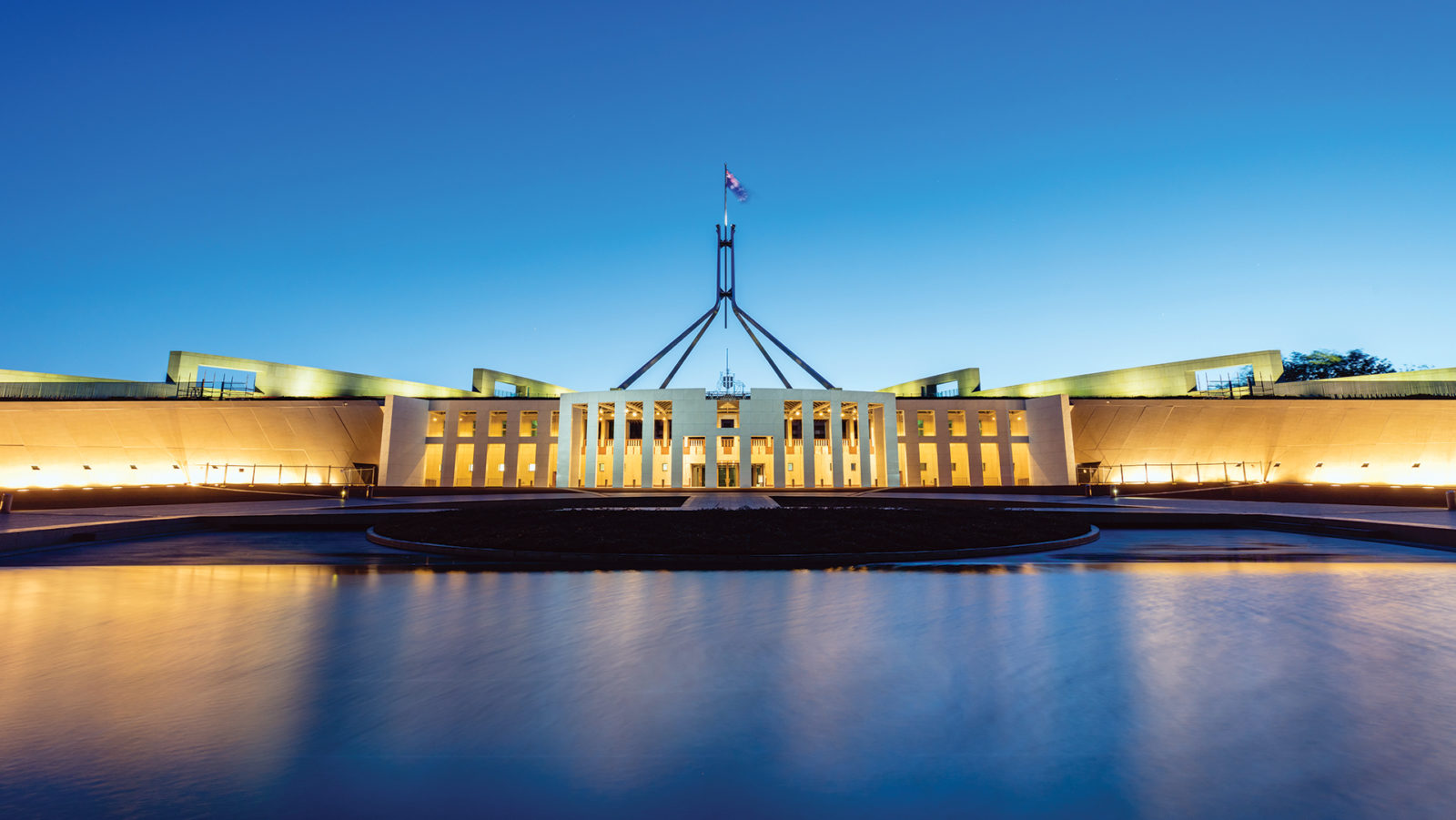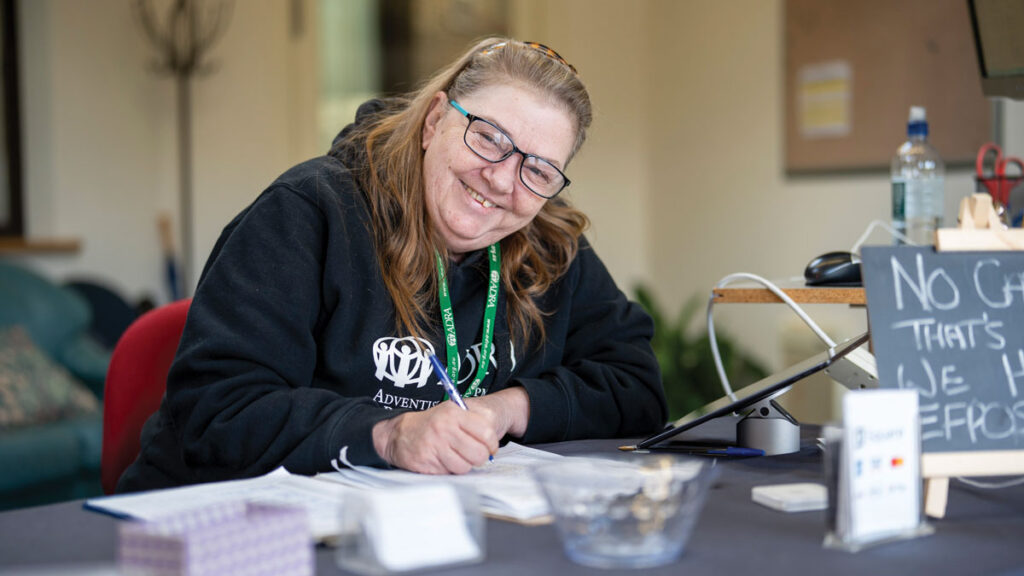Over the coming weekend and early next week, I’m planning to be in Canberra as part of Micah Australia’s “Voices for Justice” event. Micah Australia is a coalition of many of Australia’s Christian justice and development agencies, of which ADRA Australia is a part. “Voices for Justice” brings together about 200 Christians from across the nation to learn, to worship and to speak with Australia’s political leaders on issues, including Australian aid, poverty, refugees, modern slavery and climate change, particularly as the policies of the Australian government affect the lives of many of the most vulnerable people around the world.1
Over the years I have participated in this almost-annual event, it has been one of the best things I have had the opportunity to be part of.
The Bible’s call to “do justice” is frequent and urgent. It’s what God does (see Psalm 146), it’s what God’s people do (see Isaiah 58) and it’s what “kings” are called to do (see Psalm 101). Politics is not the only way to do this, but it is one legitimate and effective way in which injustice and the concerns of the poor and marginalised can be addressed.
It’s too easy to be cynical about politicians, particularly when such an attitude fits so neatly with our own tendencies to apathy. And, of course, politicians often give us ready excuses to feel this way. But when we shrug our shoulders and say, “Well, what do we expect from politicians anyway?” we are surrendering our own responsibilities as people called to participate in and contribute to the collective life and wellbeing of our society—to “speak up for those who cannot speak for themselves; ensure justice for those being crushed” (Proverbs 31:8, NLT).
In paying taxes, voting and otherwise participating in the democratic processes of the nation (see Romans 13:1–7), citizens are participants in the political, social and economic life of the nation, even if apathetically. But, as followers of Jesus, we must fulfil these roles faithfully, intentionally, and with a view to expressing love for neighbour and solidarity with the poor, including those beyond our national boundaries. This is a kind of stewardship.
Most of our politicians are not the noisy and inflammatory caricatures that get too much attention on breakfast television, talkback radio or Sky News. Among our reasons for both cynicism and hope is the reality that most of our politicians become politicians with good intentions. They want to contribute, to serve, and to make our communities, our nations and our world better places. [pullquote]
A standout example comes from Australia’s newest Prime Minister. Scott Morrison’s first speech to parliament in February 2008 was an inspiring reflection on life, faith and our responsibility to care for the most needy people in the world through Australian aid. He referenced William Wilberforce, Desmond Tutu and Bono, as well as quoting one of the Bible’s many calls to justice.2 And since then he has overseen our most brutal detention of asylum seekers as immigration minister and the largest cuts in history to Australian aid as treasurer.
As such, speaking with our political leaders can be understood as a ministry of chaplaincy, calling them back to who they would like to be: “To be a chaplain to powerful leaders is not merely to attempt to move or influence them but to minister to them. It is to call them to live up to their divine call, to draw from the centuries of spiritual resources of the church to overcome fear, greed and laziness to do what is right. It is to speak and manifest the truth. Like all chaplains, advocate chaplains pray fervently with and for those in their spiritual care as well as speaking the Word of God into their immediate situation.”3
Please join us in praying for our political leaders and for the Christian “Voices for Justice” who will be speaking with them over the coming weekend. It might change us, it might change our politicians, it might change the world.






